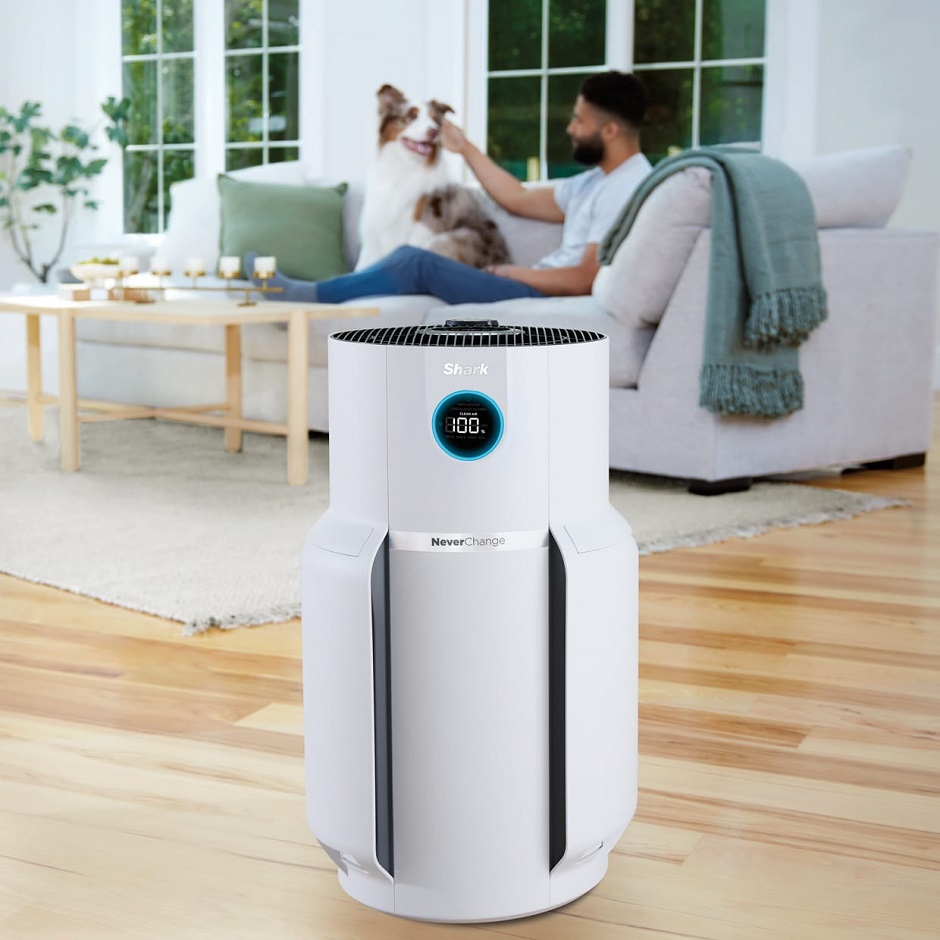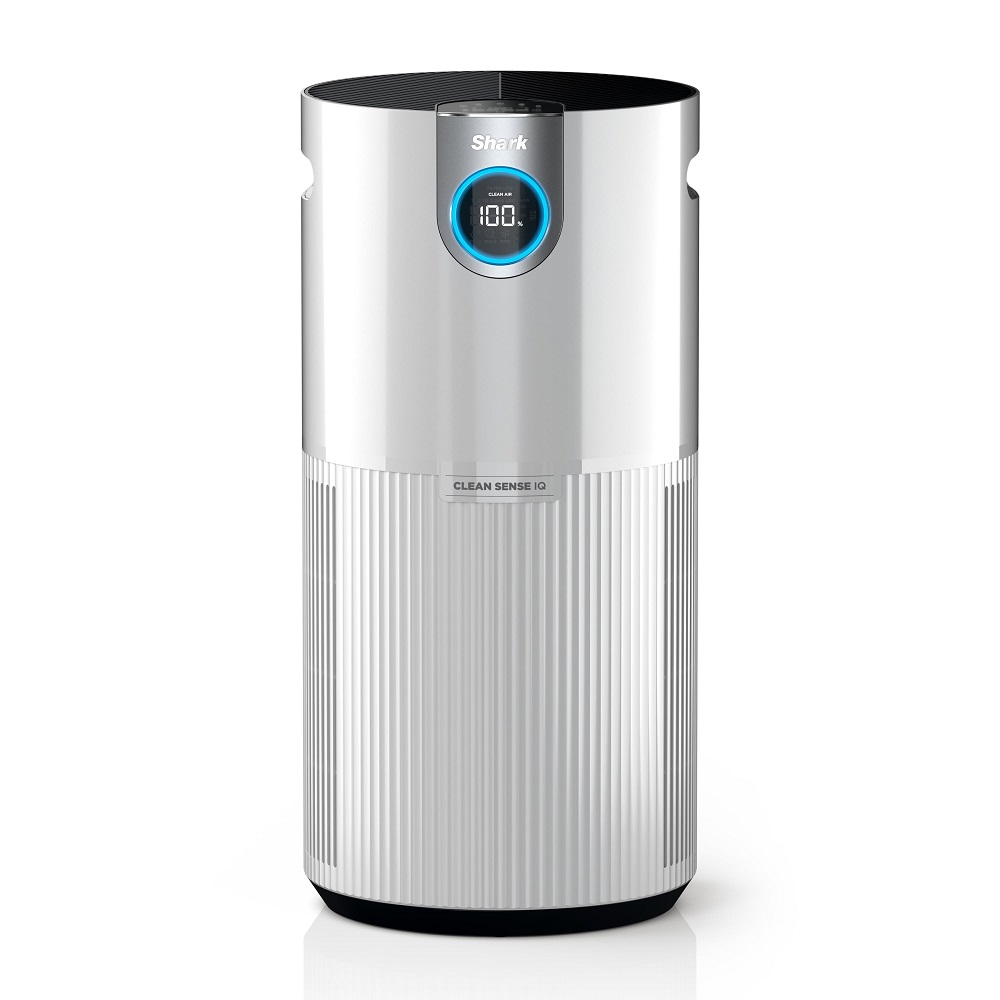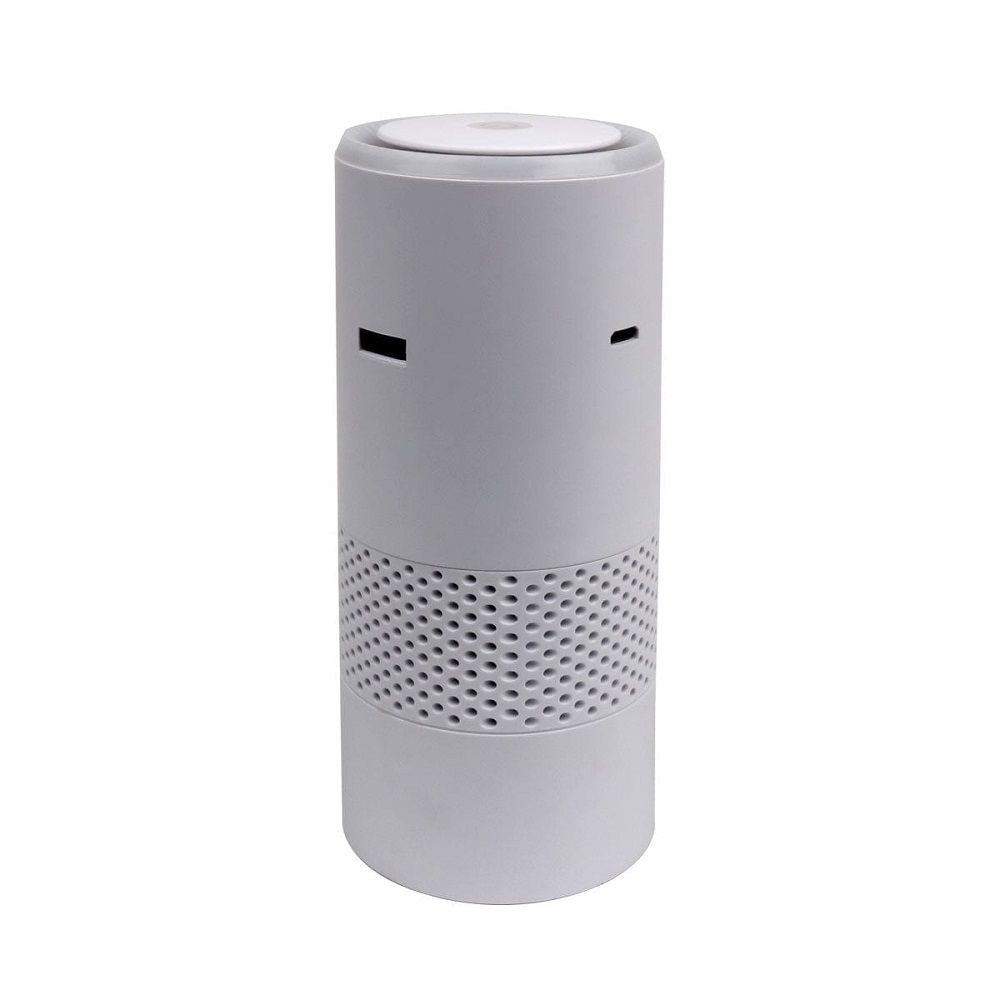Are Air Purifier Filters Washable?
Air purifier filters play a critical role in keeping the air clean. However, they can get dirty over time. This leads to the question: Are these filters washable? The simple answer is that it depends on the type of filter. Pre-filters and carbon filters are often washable and reusable. On the other hand, the core component of most air purifiers, the HEPA filter, is generally not washable. Washing HEPA filters can cause damage to their fine mesh. These filters are designed to trap microscopic particles. Water can disrupt the delicate structure. Thus, impacting the filter’s effectiveness.
Vacuuming vs. Washing: Testing Methods and Results
Testing by industry experts offers insight into the question of cleaning air purifier filters. Experiments comparing vacuuming and washing HEPA filters provide valuable data. For vacuuming, filters undergo performance tests before and after the process. The results are mixed. On average, vacuuming might show a minor increase in CADR (Clean Air Delivery Rate). However, the risk exists that it may do nothing or cause damage. Fibers may get loose, compromising the filter.
Washing filters with water has been tested as well. This method included rinsing the filters under a shower head. Then followed by a drying period. The outcome was much clearer – washing caused a significant decrease in filter performance. An average of 32% reduction was observed. It seems that washing may increase airflow by damaging the filter fibers. This allows more particles to pass through, hence the decline in effectiveness.
In conclusion, washing HEPA filters, most likely, is not recommended. It seems best to replace them when needed. Always check the air purifier manual. Follow the manufacturer’s guidance for filter maintenance and replacement.
The Truth About Vacuuming HEPA Filters
When considering how to clean air purifier filters, vacuuming often comes up. But does it really work? Let’s explore.
Vacuuming Impact on HEPA Filter Performance
Industry tests reveal truth about vacuuming HEPA filters. Some believe it improves filter performance. Testing shows otherwise. On average, only a 10% increase in clean air delivery rate (CADR) occurs. This is a small benefit, considering risks involved.
Risks and Downsides of Vacuuming Filters
Vacuuming may pull out dust from filters. However, it can also remove delicate fibers. This damage reduces the HEPA filter’s ability to trap tiny particles. So, vacuuming might not always help and can even cause harm to your filter’s functionality.
Washing HEPA Filters: A Bad Idea?
Cleaning air purifier filters is essential for their performance. But, washing HEPA filters can do more harm than good.
Effectiveness of Washing Filters With Water
Testing shows washing HEPA filters with water is not effective. It often leads to a decrease in filter quality. Washing with water decreased filter performance by an average of 32%. While airflow increased, particle capture went down drastically. This means more harmful particles could pass through.
Why Washing HEPA Filters Can Be Harmful
HEPA filters have delicate fibers. Water can stretch or break these fibers. Bigger gaps between fibers let more particles escape. That’s why washing HEPA filters harms their ability to clean the air efficiently. It’s best to follow the manufacturer’s instructions and replace them as needed.
Understanding Filter Maintenance and Replacement
Maintaining air purifier filters is key for optimal air quality. Like all parts, filters have a lifespan and need regular checks.
Lifespan of Air Purifier Filters
Different filters have varying lifespans. Manufacturers often provide guidelines on when to replace them. For HEPA filters, which are not washable, lifespan is typically shorter compared to washable pre-filters and carbon filters. Usage intensity and air quality play roles in how long these filters last.
Frequency and Indicators for Filter Replacement
Check your air purifier’s manual for filter replacement timelines. Some models have indicators or alerts for filter maintenance. If you notice a decrease in air quality or if the filter looks clogged and dirty, it’s time for a change. Regular filter checks can save you money and maintain air purity.
Cost Implications of Filter Maintenance
Maintaining your air purifier filters is crucial. It ensures clean air and the longevity of the unit. Yet, there’s a cost.
Comparison of Filter Replacement Costs Across Brands
The cost of filter maintenance varies across brands. Some require frequent and costly replacements, impacting your wallet over time.
- Budget brands may offer lower upfront costs. Yet, they often need frequent filter changes, boosting long-term expenses.
- Mid-range brands strike a balance between initial investment and maintenance costs.
- Premium brands might have higher purchase prices. However, their filters often last longer reducing replacements.
Research the specific costs for each brand before choosing your air purifier. It helps avoid surprises on maintenance expenses. Remember, while pre-filters and carbon filters can be washed, HEPA filters cannot. They require replacement, adding to the cost.
To manage expenses, track filter life and replace only when necessary. Follow the manual’s guidelines on maintenance schedules. This will keep the air clean and cost under control.
Tips to Maintain Your Air Purifier’s Efficiency
Keeping your air purifier in good shape requires regular maintenance. This ensures its efficiency and longevity.
Best Practices for Pre-filter and Carbon Filter Care
Taking care of pre-filters and carbon filters is important. They can usually be cleaned and reused. Do this to keep costs down and performance up.
- Check the manual: Always follow your device‘s guide for cleaning.
- Regular cleaning: Wash or vacuum pre-filters every few weeks.
- Gentle methods: Use soft brushes and avoid harsh chemicals on carbon filters.
- Dry thoroughly: After washing, let filters dry completely before reinstalling.
- Replace when needed: Even washable filters have a lifespan. Change them when they’re past their prime.
How to Ensure Effective Sensor Performance
Air purifiers have sensors to detect air quality. These need upkeep too.
- Turn off and unplug: Safety first. Always switch off before cleaning.
- Access gently: Open sensor areas with care to avoid damage.
- Clean softly: Use a lint-free cloth to wipe sensors without scratching.
- Avoid chemicals: Steer clear of strong cleaners that could harm sensors.
- Reassemble and recalibrate: Put everything back correctly and give it time to adjust.
Following these steps for filter and sensor care will help keep your air purifier working well. It will clean the air efficiently, keeping your environment healthy.



